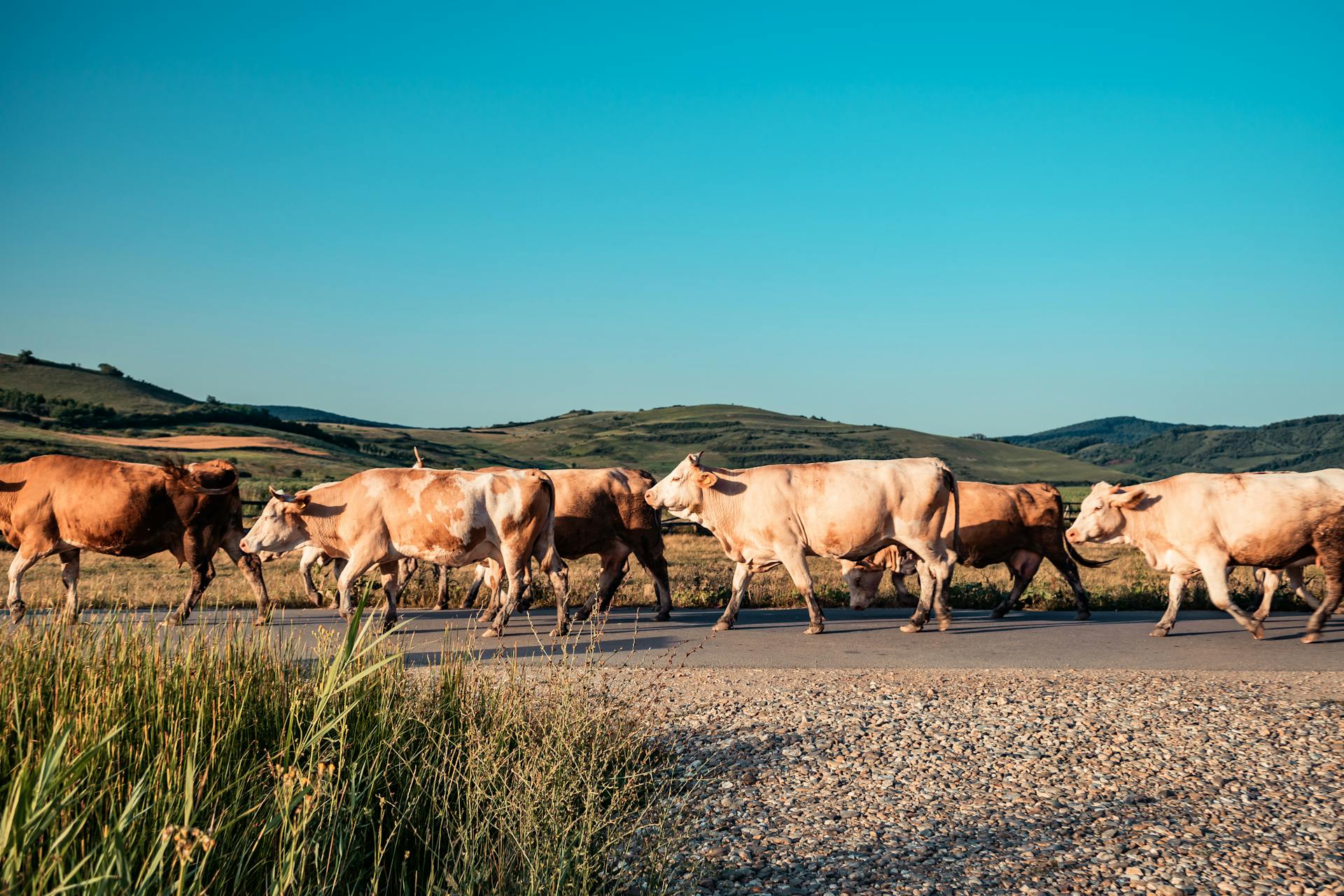
How Animal Collisions Vary by Location and Species
If you’re driving through rural Texas, and a deer jumps out in front of your car, you probably know that the collision isn’t really anyone’s fault. Perhaps, if blame must be placed, it lies on you for going too fast. You get the vehicle fixed using the comprehensive portion of your insurance.
But what if you hit a domestic animal? Or perhaps livestock? Wild animals, like deer, hogs, and coyotes, don’t have owners. There’s nobody responsible for keeping them contained. However, livestock and domestic animals are generally supposed to stay off the roadways. The Car Crash Captain looks into animal collisions in Texas, and what you should know about liability.
Fence Laws for Livestock in Texas
The general rule for Texas is that livestock can be run as “open range.” That means the livestock is free to roam around as they please – no fences required. Those laws, however, are the baseline and each individual county can put their own laws into place.
So, for those counties that haven’t put in a livestock fence law, it’s still open range. But for many of the counties, such as Dallas County, there are laws in place that state livestock must be contained within fences.
Any controlled access highway (those interstate highways that crisscross the USA) have to be free from livestock or other domestic animals. Cars and trucks are moving far too fast to have to worry about open range livestock crossing these roads.
Who Might Be Liable after Animal Collisions?
Now that we know that wild animals basically do whatever they want, and most of the counties in Texas at least have some sort of laws in place to control livestock from wandering onto the roadways, what happens if you hit an animal? Of course, there’s not much recourse if you hit a wild animal – your own insurance and medical payments should kick in. But what if the animal is owned by someone else?
If you’re in a county where animals are supposed to be contained, and you hit livestock or a domestic animal, the owner of that animal is usually found liable. You can pursue damages from them for your property damage and any injuries that result.
Proving ownership, however, might not be as easy as it sounds.
How do You Prove Liability if You’ve Hit a Domestic or Livestock Animal?
Texas transportation code says that if you’ve been involved in a collision, even a collision with an animal, you have to stop and exchange information.
Texas agricultural code says that it’s illegal to knowingly allow livestock to roam on a highway when fence laws are in place.
However, there are some key points here. First, the word “knowingly” is in there – an animal that breaks through a fence onto the highway isn’t being allowed to roam on the highway.
Regardless, first, you have to know who the responsible part is:
Animal Owner – Is the person responsible for restraining the animal the liable party?
Landowner – Is the owner the land responsible because fences weren’t maintained?
Government – Was the government somehow negligent in keeping animals off the road?
Nobody – In the situation where a wild animal is hit, nobody is liable.
Even when a part is known, then you have to prove liability. You have to track down the owner of the animal – something that can be done through branding and tags if it was livestock. Even then, it’s not entirely straightforward. Instances of stray animals or animal control responses at a person’s residence can be used to prove liability. Documentation of broken fences or open gates, police reports, and anything that shows these animals should have been contained, but were not, can be helpful when building a case.
Herbert Law Group Helps Accident Victims Heal
What you don’t want to do, however, is play amateur investigator while you’re trying to heal. You already have a busted up car and bodily injuries to tend to. Leave the rest of the hard work to Herbert Law Group.
We can analyze what happened, track down owners, figure out liability, and pursue justice.
But we need to know what happened first. Let’s have a phone call and see how we can help. No obligation, just a friendly conversation. Call our office at 214-414-3808, or fill out the contact form on our website and we’ll be in touch with you.